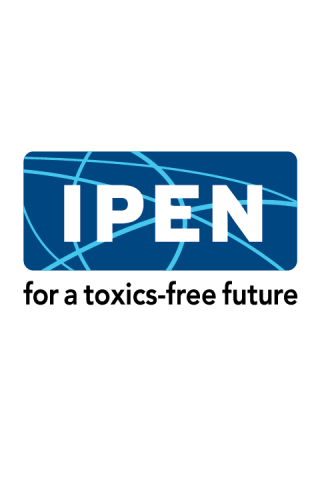New Name Better Reflects Breadth of IPEN's Work

IPEN, the International Pollutants Elimination Network,
Two Decades of Reducing and Eliminating the Most Harmful Chemicals
(Gothenburg, Sweden) IPEN, the global environmental health network with over 550 public interest organizations in 122 countries, is changing its name as it kicks off the next twenty years of science, policy and advocacy work to forge a toxics-free future for all. IPEN now stands for International Pollutants Elimination Network.
Twenty-years ago a small group of visionary environmental health scientists and advocates from around the world launched what was to become the international network of IPEN to improve global chemicals policy and fight for chemical safety in the global south. For its first two decades IPEN was called “the International Persistent Organic Pollutants (POPs) Elimination Network.” Now the organization is more simply known as IPEN, which now stands for: International Pollutants Elimination Network.
The organization works both on the ground and through international treaties to protect health and the environment through engagement with UN chemical and waste treaties, working to halt the spread of toxic metals lead and mercury, and prioritizing chemical safety in sustainable development. IPEN and its members (Participating Organizations, or POs) have become a leading force in toxic regulations at the local to international levels; catalyzing an international movement to end the production and use of the world’s most hazardous substances and promote chemicals without harm.
“IPEN works on many chemical pollutant issues to ensure that hazardous substances are no longer produced, used, or disposed of in ways that harm human health and the environment,” explained Pamela Miller, Co-Chair of the IPEN Network and Director of Alaska Community Action on Toxics (ACAT). “Our new acronym better reflects the breadth our work.”
Recent IPEN impacts include exposure of toxic chemicals in e-waste shipments polluting Africa’s food-chain, which contributed to stronger chemicals policy; large scale product sampling studies that revealed toxic plastic recycling; drawing attention to safe and viable alternatives to toxic PFAS; catalyzing global campaigns to regulate lead-paint; and global mercury contamination research, to name just a few.
For more information or to speak with IPEN experts, please contact LauraVyda@ipen.org.
